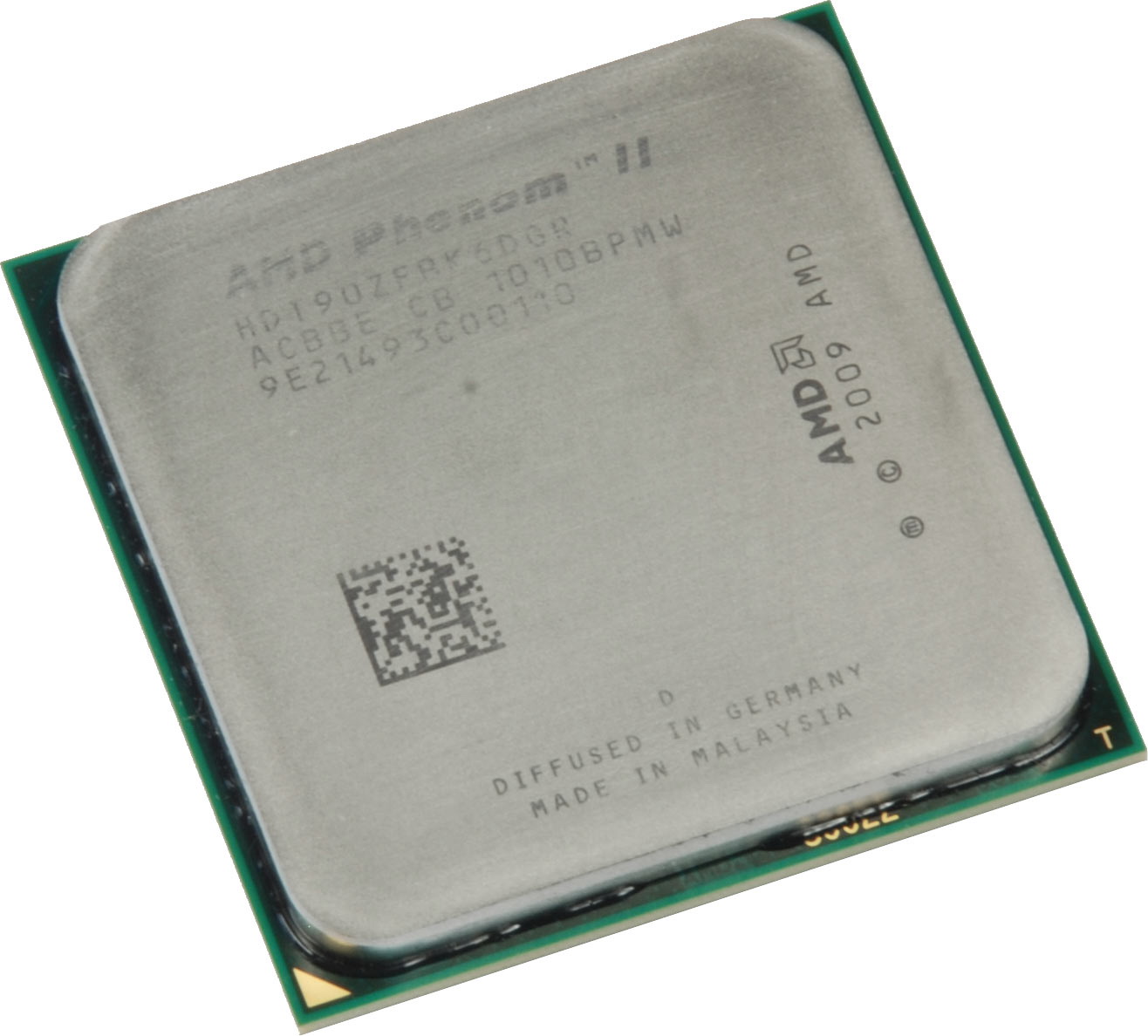CORE Or Boost? AMD's And Intel's Turbo Features Dissected
Intel arms its Core i5 and Core i7 CPUs with Turbo Boost. AMD's hexa-core Phenom II X6 chips sport Turbo CORE. Both technologies dynamically increase performance based on perceived workloads and available thermal headroom. Which one does the better job?
AMD: Turbo CORE
Turbo CORE is available on all AMD Phenom II X4 and X6 processors based on the recent 45 nm designs, namely the Thuban six-core and seen-in-the-wild but not-yet-available-at-retail Zosma quad-core models. Should it ever see retail availability, the Phenom II X4 960T at 3.0 GHz nominal speed could accelerate two cores up to 3.4 GHz (+400 MHz) with the thermal headroom available, and if the application load demands the increase. The Phenom II X6 processors increase their clock speeds by 500 MHz, with the exception of the 1090T flagship, which adds 400 MHz to reach from 3.2 to 3.6 GHz.
This implementation can be considered an addition to the Cool’n’Quiet feature, which reduces clock speeds and voltages if there is little work for the processor to do. Once half of the cores are idle, the system reduces their clock speed to the Cool’n’Quiet minimum of 800 MHz. The next step is a voltage increase for the remaining active cores paired with a speed lift of up to 500 MHz, as explained above.
Unfortunately, few workloads would tax exactly three cores by 100%—the conditions needed for AMD’s solution to run at 3.6 GHz. We found that a two-core load scenario is more realistic. This is why the feature works better on a CPU with an even core count, such as the Phenom II X4 960T.
AMD’s Turbo CORE control allows Black Edition processor users to adjust their number of accelerated cores. This makes analysis more complex, but also gives enthusiasts a more powerful tool for fine tuning their systems.
Get Tom's Hardware's best news and in-depth reviews, straight to your inbox.
Current page: AMD: Turbo CORE
Prev Page Which Is The Best Acceleration Technology? Next Page Intel: Turbo Boost